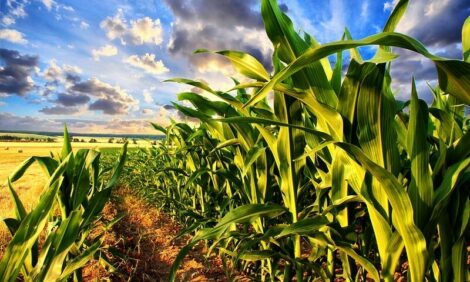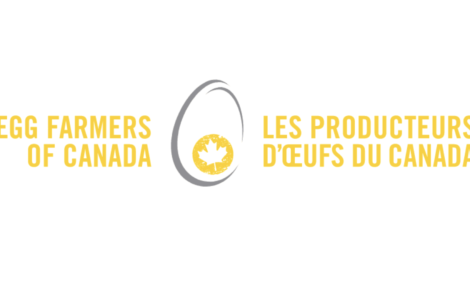



Chicken Litter Power Welcomed in Maryland
MARYLAND, US - The state is embracing chicken manure as a source of biomass for renewable power generation.Maryland's new initiative to turn animal waste into power could present a two-fold benefit, reports Delmarva Now.
Governor Martin O'Malley announced the state is now seeking proposals for the purchase of electricity generated from waste as part of the 'Clean Bay Power' project, which was put in place to promote the use of clean and renewable energy.
By using animal waste to generate positive energy, the amount of nitrogen, phosphorus and other nutrients found in the manure that enters the Chesapeake Bay will decrease. Those nutrients are partially responsible for the declining health of the bay, according to Governor O'Malley's office.
Fibrowatt LLC, which is owned by Pennsylvania-based Homeland Renewable Energy, operates the country's only poultry litter combustion facility in Minnesota. Company officials have been working to convince Maryland to proceed with the project for about 11 years, according to President Jim Potter of Homeland Renewable Energy.
The company is considering sites for a facility in multiple locations on the Eastern Shore. Mr Potter said it would create 32 full-time jobs and as many as 80 to 100 jobs for truck drivers who would deliver poultry litter and biomass.
Governor O'Malley said: "Maryland is leading the nation's efforts in clean energy and sustainability, and our state's growing green jobs sector is vital to our ability to create jobs and compete globally in the new economy."
The state's watershed implementation plan estimates it will incur $10.8 billion in costs to clean up the bay by 2017. If Fibrowatt decides to construct a facility, it would cost about $300 million, but could provide the state with more than $5 billion in nutrient reduction benefits, Potter said. It could take about 18 months to secure permits and approval, and about 22 months to construct.
Potential suppliers must be able to generate up to 10 megawatts from animal waste, which can include poultry litter and livestock manure, among other materials. One of the 26-storey tall wind turbines proposed to be built off the Maryland coastline would generate three megawatts.
Fibrowatt's Minnesota facility is a fourth-generation design – there are three similar facilities in England – and the proposed Maryland project would include many changes to the design. Just after it started operation, the Minnesota plant was fined $65,000 for alleged air pollution when sensors showed too much carbon monoxide and other polluting gases were drifting out of smokestacks.
"(The changes) would make it the cleanest biomass facility in North America while also achieving significant nitrogen and phosphorous reductions," he said.
According to Delmarva Now, the state's renewable energy standard dictates that electric supplies must purchase 20 per cent of their power from clean energy sources by 2022. The state is accepting proposals for the poop-to-power option until 30 November. All of the operators would have to be able to begin providing electricity to the state by the final day of 2015.











